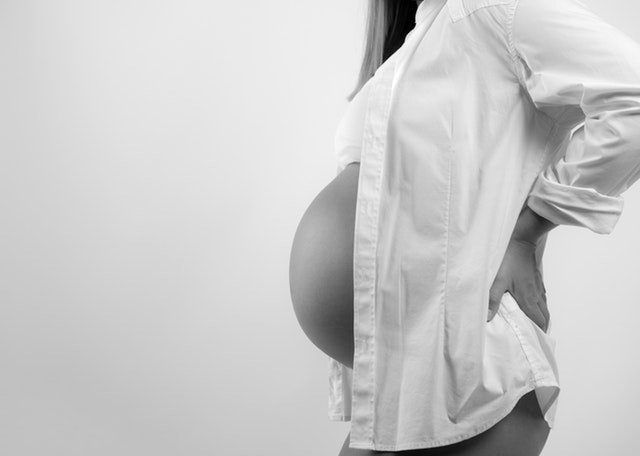
A new Northwestern University study shows that multiple pregnancies might make women’s cells age more quickly.
The finding could help explain why women with many children tend to show signs of accelerated aging.
The study looked at two separate markers of cellular aging—telomere length and epigenetic age—in hundreds of young women with different reproductive histories in the Philippines.
Telomere length and epigenetic age are cellular markers that independently predict mortality, and both appeared ‘older’ in women who had more pregnancies in their reproductive histories.
Historical records and epidemiological studies that women who have many children tend to have slightly shorter lives and succumb to different diseases than those who don’t.
Although there is good evidence that having more children, especially more than four or five, can increase the risk of certain diseases and shorten lifespan, researchers still don’t really know why.
The current study was conducted in Cebu, Philippines, where energy can be limited, and physical workloads are frequently high.
The team found cellular aging was accelerated by between 0.5 and 2 years for each additional pregnancy.
They also found that that women who were currently pregnant had cells that looked younger—not older—than predicted.
Although it is interesting that pregnancy makes someone look temporarily ‘young,’ there appears to be some lasting, cumulative relationship between the number of pregnancies and more accelerated biological age.
The researchers suggest that cellular changes during pregnancy may be related to adaptive changes in the mother’s immune system.
However, there are still things the researchers are not known.
For instance, it’s not clear whether these relationships will persist into later life as these women age. They also do not know whether these changes will actually lead to less favorable long-term health outcomes.
To answer these questions, a follow-up study on the same women 13 years after the first measurements, taken in 2005, is already underway.
The study is led by Calen Ryan and Christopher Kuzawa of Northwestern and Dan Eisenberg at the University of Washington.
Ryan is the lead author of the study and a doctoral student in biological anthropology at Northwestern.
Kuzawa is senior author of the study and a professor of anthropology at Northwestern and a faculty fellow at Northwestern’s Institute for Policy Research.
The finding is published in Scientific Reports.
Copyright © 2018 Knowridge Science Report. All rights reserved.
Follow Knowridge Science Report on Facebook and Twitter.
Figure legend: This Knowridge.com image is for illustrative purposes only.
Journal reference: Scientific Reports.



